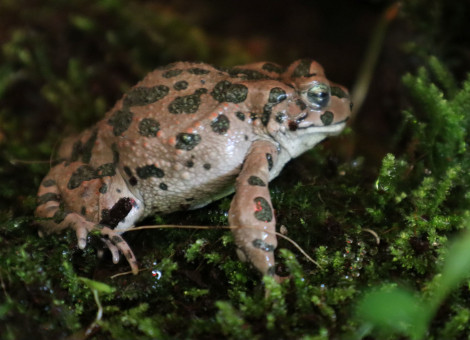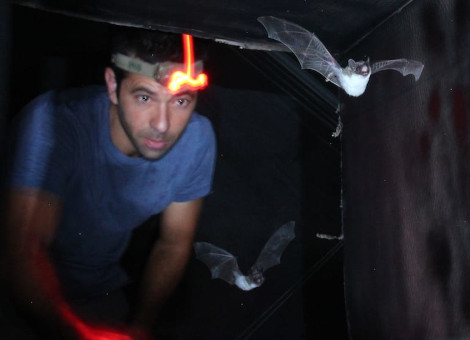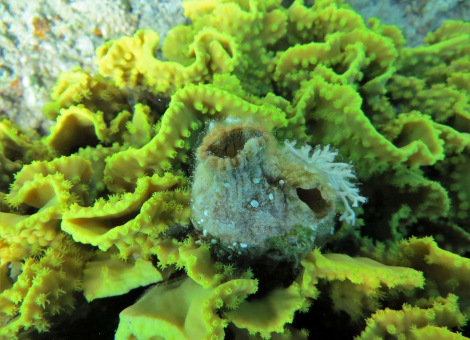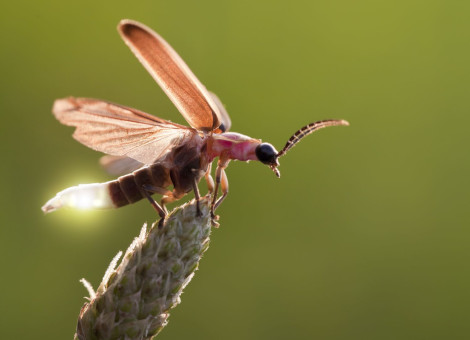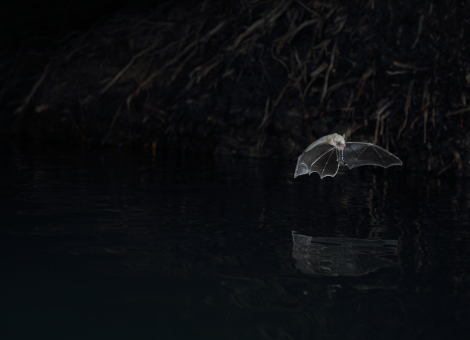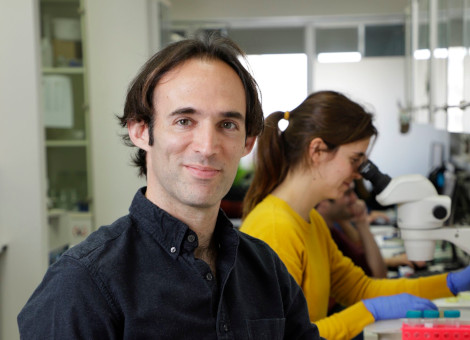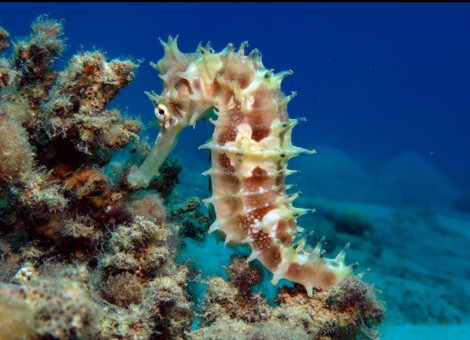
Though slow, seahorses can snag prey at exceptional speed
Seahorses are considered particularly poor swimmers. However, despite being relatively slow, they are adept at preying on small, quick-moving animals. Tel Aviv University (TAU) researchers have succeeded in characterizing the incredible preying capability of seahorses, discovering that they can move their heads up at the remarkable speed of 0.002 seconds. The rapid head movement is… Read More

